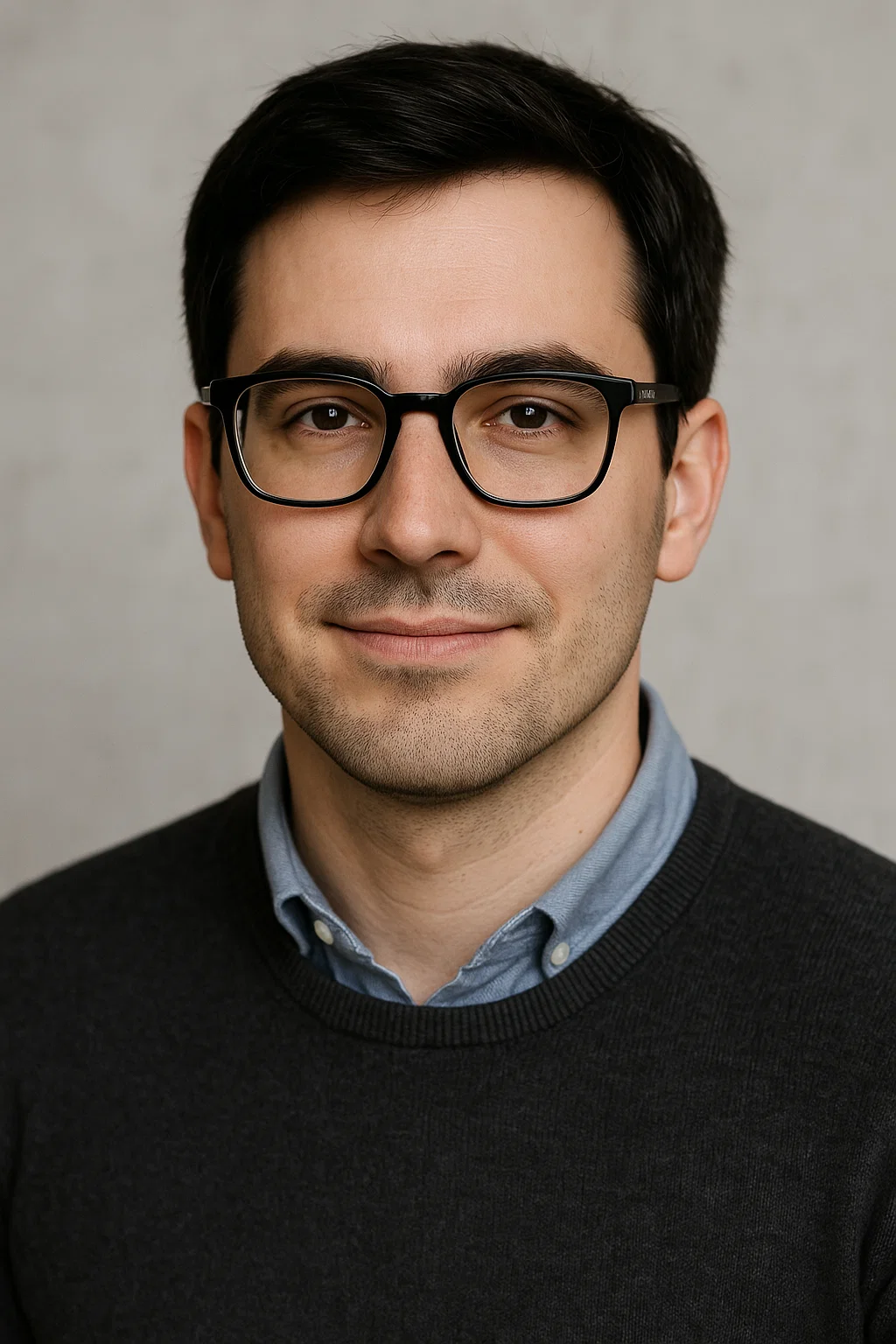
In a world where coffee is often mass-produced and commodified, there exists a hidden universe of rare, elusive, and almost mythical beans—varieties so unique and limited that many people have never heard of them, let alone tasted them.
These coffees are grown in remote mountains, cloud forests, and isolated farms, often harvested in small quantities under extreme conditions. Some are protected by tradition, others by geography. All of them are connected by one thing: they’re almost impossible to find.
In this article, we’ll take you on a journey to the most secretive corners of the coffee world, revealing the rarest beans, their fascinating origins, and why they’re so incredibly prized.
Perhaps the most famous of the rare coffees, Geisha is a variety originally from Ethiopia but perfected in Panama’s Boquete region, particularly on Hacienda La Esmeralda.
Geisha beans from top producers have sold for over $2,000 per pound at auctions. Each cup is treated like fine wine, brewed with ritual and reverence.
Grown on the remote island of St. Helena in the South Atlantic Ocean, this coffee has historical roots—Napoleon Bonaparte reportedly drank it while in exile there.
Its obscurity and isolation make this bean one of the hardest to acquire in the world.
You’ve heard of kopi luwak (civet coffee), but few know about Jacu Bird Coffee, produced in Espírito Santo, Brazil.
Unlike kopi luwak, which has drawn ethical criticism, Jacu Bird Coffee is wild-harvested ethically, making it both rare and sustainable.
While Kona coffee is well-known, its rarer cousin Molokai Coffee is cultivated on the tiny island of Molokai, on rich volcanic soils and under strict regulations.
Often overshadowed by Kona, Molokai is a hidden Hawaiian gem with unique character.
Once thought extinct, Bourbon Pointu was rediscovered on Réunion Island and revived by passionate growers.
It has won awards and admiration from coffee connoisseurs around the globe, but production remains extremely limited.
Similar in process to civet coffee, Black Ivory Coffee is produced when elephants eat coffee cherries and their digestive enzymes break down the bitterness of the bean.
A pound can sell for $1,000+, and the project also supports elephant conservation and local communities.
A hybrid of Maragogype and Caturra, Maracaturra is known for its unusually large bean size and flavor depth.
It’s a favorite among competition baristas, but it’s still hard to find commercially.
Some of these coffees are expensive, yes—but rarity isn’t always about price. It’s about availability, conditions of growth, and cultural preservation.
In some cases, these beans are grown by indigenous farmers, passed down through generations, or protected by government and ecological initiatives.
They may never make it to supermarket shelves—but that’s part of what makes them so fascinating.
Across Latin America and Africa, many farmers are now creating “micro-lots”—tiny, curated sections of their farms where they experiment with:
Some of these micro-lots produce beans that rival the famous names above—but are only sold locally or in quiet auctions between specialty roasters.
These are the real secrets of the coffee world—gems waiting to be discovered by adventurous palates.
In the end, rare coffees are about story and experience. They’re not just expensive beans—they’re glimpses into hidden landscapes, ancient traditions, and the quiet dedication of farmers who choose quality over volume.
The next time you sip your usual brew, remember: somewhere in a remote mountain or misty forest, a farmer is nurturing a coffee that only a few people on Earth will ever taste.
And maybe one day, that cup will find its way to your hands.

Gabriel Rodrigues é especialista em finanças pessoais e escritor, com ampla experiência em economia, planejamento financeiro e gestão de recursos. Apaixonado por ajudar as pessoas a alcançarem sua saúde financeira, ele explora temas variados, desde investimentos até estratégias de poupança. Quando não está escrevendo, você pode encontrá-lo estudando novas tendências financeiras e oferecendo consultoria para quem busca melhorar sua relação com o dinheiro.